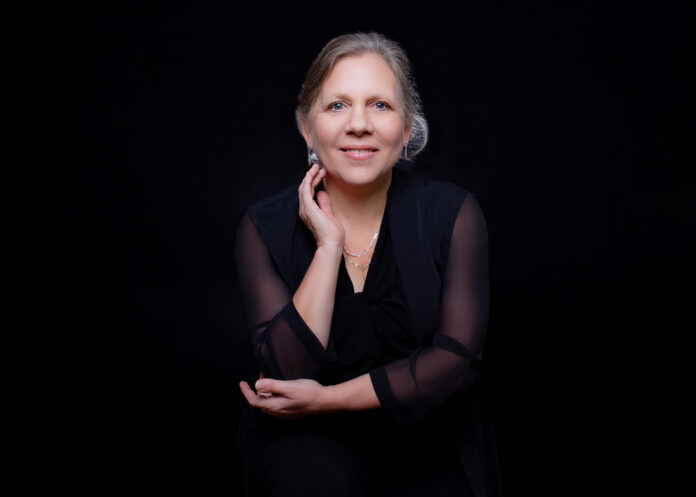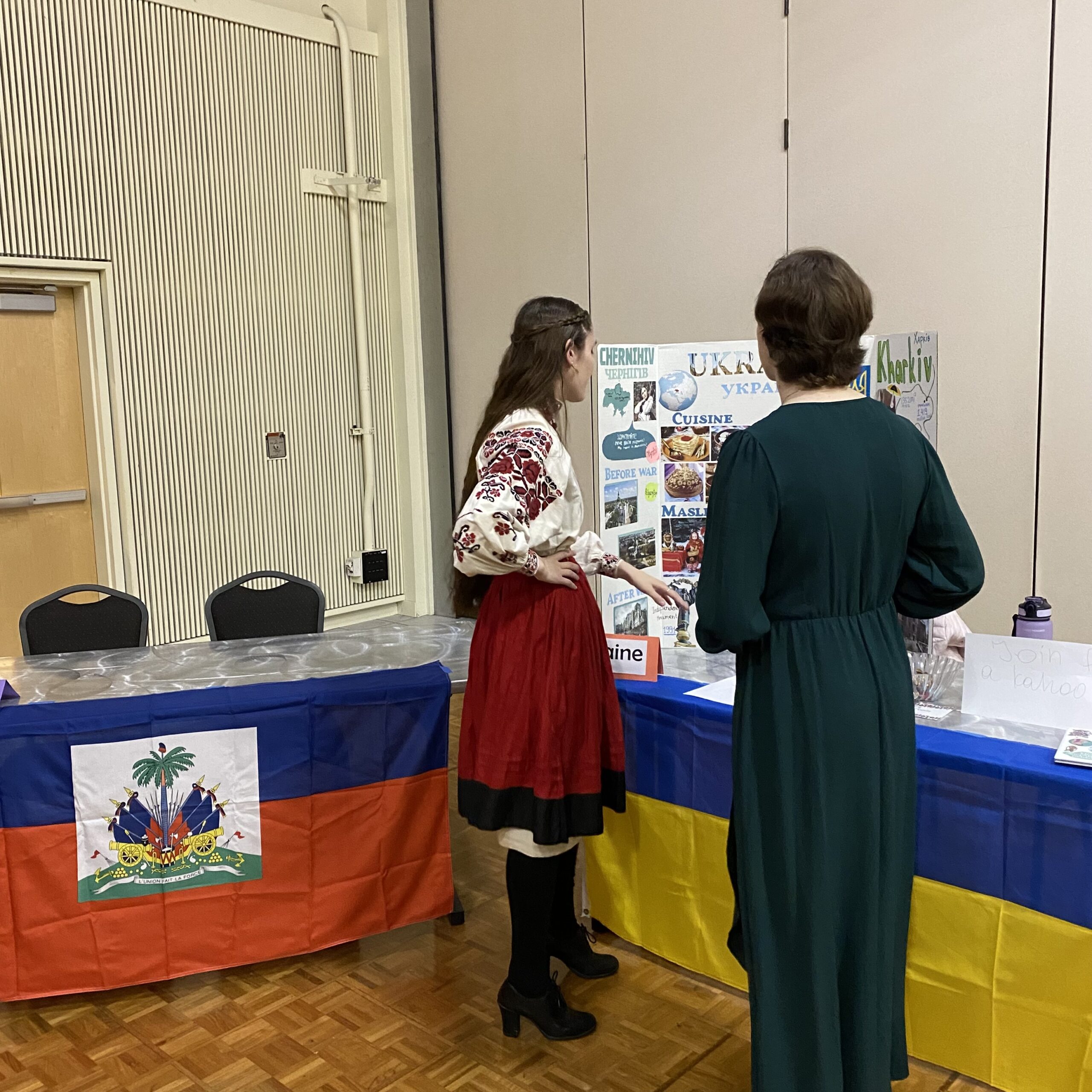Lagerquist’s lights dim, signaling the start of the recital. Notes pour across the stage from Dr. Dawn Sonntag’s piano, sliced by Lisa Pearson’s mournful violin. Together they perform the first act of Sonntag’s Violin Sonata, entitled Pesante. The composer describes it as a portrayal of the “political unrest… heaviness, anger, and agitation of… the Covid pandemic.”
PLU hosts many concerts throughout the year, showcasing student or faculty work. Sonntag, a composer and professor of music composition, was the focus of the September faculty recital.
“I just think there’s a high level of artistry among the faculty… I would rather [perform with them] than… on my own, which probably reflects why I’m a composer and collaborative pianist, and not just a solo pianist,” Sonntag commented. Artistry is prioritized in every performance at PLU through the work of professors like Sonntag. “I want to make my scores clear enough that the performers can easily interpret it… but at the same time I feel like their part of the composing process [is important too].” Despite being told in university that she needed to write “intellectual music,” to be considered good enough to go anywhere, Sonntag has had a successful and fulfilling career, and her pieces have been played across the United States and overseas.
But composing wasn’t always what Sonntag wanted to do. Her musical journey began as a trumpet player, entering competitions with a desire to play in symphonic ensembles as an adult. Sonntag began considering singing in university, where she discovered art song, a form of composition characterized by a solo voice with piano accompaniment. Art song is sung in many languages, with French, German, and Italian being the most common languages PLU students sing in. She realized that this kind of music was “a lot more interesting than anything [she] would have performed with symphonies.” After realizing the stress of trying to keep up her studies on the trumpet and learning to sing, she went cold turkey on the trumpet. The extra time was devoted to learning the piano professionally. Prior to university she had only ever tinkered with her own compositions
Sonntag is an example of women forging their own paths in the world—“There just weren’t any female composers in the books I learned from growing up,” she recalls. Being told that the only way to be successful was to write a certain kind of music has given her a determination that can be felt in the beauty of her pieces. She feels the most successful with the pieces that her former professors might have not have called “good enough.” It is those that often garner the warmest audience receptions. “… I’m just trying to connect with the audience… if I feel that the music is connecting with me, myself, then usually it does connect with the audience.”
Applause fills the room at the end of the final piece—Sonntag bows and takes her leave. Audience members talk about their favorite pieces as they leave, an invisible thread of connection tying them together. Lagerquist sits empty once again, ready for the next concert to bring together the community in appreciation of the arts.


















